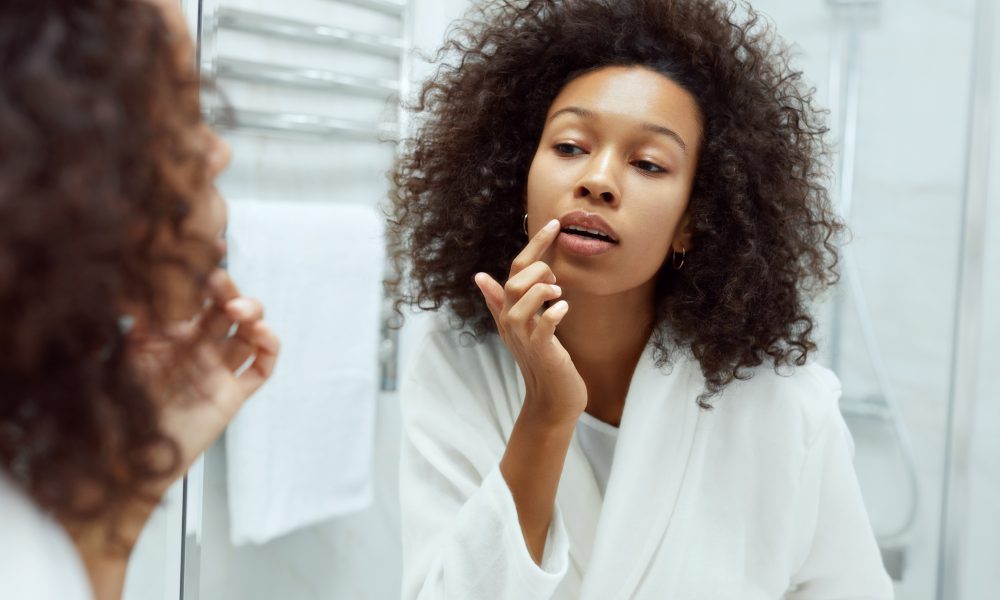Facing mounting pressure to balance and maintain work, school, social lives and family, it’s no surprise that the number of adults nationwide seeking mental health treatment has increased.
The responsibilities of juggling a move up the corporate ladder, taking care of spouses and kids, and finding time for friends often come before caring for our own mental health.
Various coping methods exist, from reading a good book to meditation, yoga or seeking the help of a mental health professional such as a therapist or psychologist.
Breaking stigma about therapy
Mildred Phillips, a psychotherapist and licensed clinical social worker, says therapy can be beneficial for anyone who needs the reassurance that they aren’t alone when addressing their mental health.
“A lot of therapists may have dealt with things in their personal lives, so they may understand what it means to be in broken families, or what it means when you struggle with marriage,” Phillips said. “They can identify with what you’re walking through.”
Phillips says visiting a therapist sometimes involves breaking societal stigmas that exist for some cultures when finding solutions to mental health woes.
“In the African-American culture, there is a fear of being told you’re crazy, or someone asking, ‘Why do you need to talk to someone other than your family?’” Phillips said. “Or, assuming you can’t trust someone because they will violate your trust and know your personal matters.”
Men need to heal, too
Women are more likely to seek therapy than men, and black men (along with Hispanic men) are the demographic least likely to seek therapy, according to the Centers for Disease Controls and Prevention (CDC). Reasons range from a lack of health insurance to solely leaning on faith and spirituality to cope, even though African Americans are 10% more likely to experience psychological distress, per the National Alliance for Mental Illness (NAMI).
Confronting social issues such as unfair housing, racism and police brutality can take a toll on mental health, and groups like Black Men Heal, a Philadelphia nonprofit that provides free therapy to men across the city, is one of many organizations offering outreach to keep the stereotype that men – specifically black men – don’t need a safe place to be heard and heal.
In addition to free individual and group therapy, the nonprofit facilitates trainings for other organizations interested in meeting the mental health needs of black men.
Consider yoga and other forms of self-care
About 20 years ago, Diane Eggert, a medical advocate and yoga instructor, sought an activity that would relieve stress and tension. Soon, the former nurse found a regular yoga class and eventually reaped the results. Now, Eggert teaches her own classes.
“A couple years ago, I started teaching yoga and implementing it for my clients having acute chronic illnesses,” she said. “Yoga can be a wonderful complement to those medical issues. It’s about getting yourself centered, breathing and calming your mind. Use an app or do one-on-one or go to a studio with a teacher. Do whatever is comfortable for you.”
There are tons of yoga classes available on Blu-ray or DVD or on streaming platforms like Prime Video as well. Eggert says yoga, like many other forms of exercise, can decrease blood pressure, heart rate and respiratory rate, in addition to teaching practitioners helpful breathing techniques.
“Some people have never sat still before,” Eggert said. “You learn to gather your thoughts. It activates the parasympathetic nervous system. We are constantly, in our society, coming and going. We have been taught it is fight or flight, all the time. We have to react to someone pulling in front of us in traffic, or a cashier not being fast enough at the grocery store because we have another appointment. Yoga teaches us to catch ourselves for those minutes and not have the nervous system react.”
Self-care isn’t selfish
Phillips, the psychotherapist, warns against neglecting yourself as you care for children, parents, partners or even friends.
“In a plane, you put the oxygen mask on yourself first and then your child. If you can’t take care of yourself, how can you take care of others?”
Taking care of your own mental health, whether through yoga, exercise, reading a self-help book or seeking therapy, is not only good for you, it ultimately allows you to be more available for those around you.
For additional resources on supporting mental health, visit the NAMI website, www.nami.org, the National Institute of Mental Health (NIMH), www.nimh.nih.gov, Therapy for Black Men, therapyforblackmen.org, and www.mentalhealth.gov.







